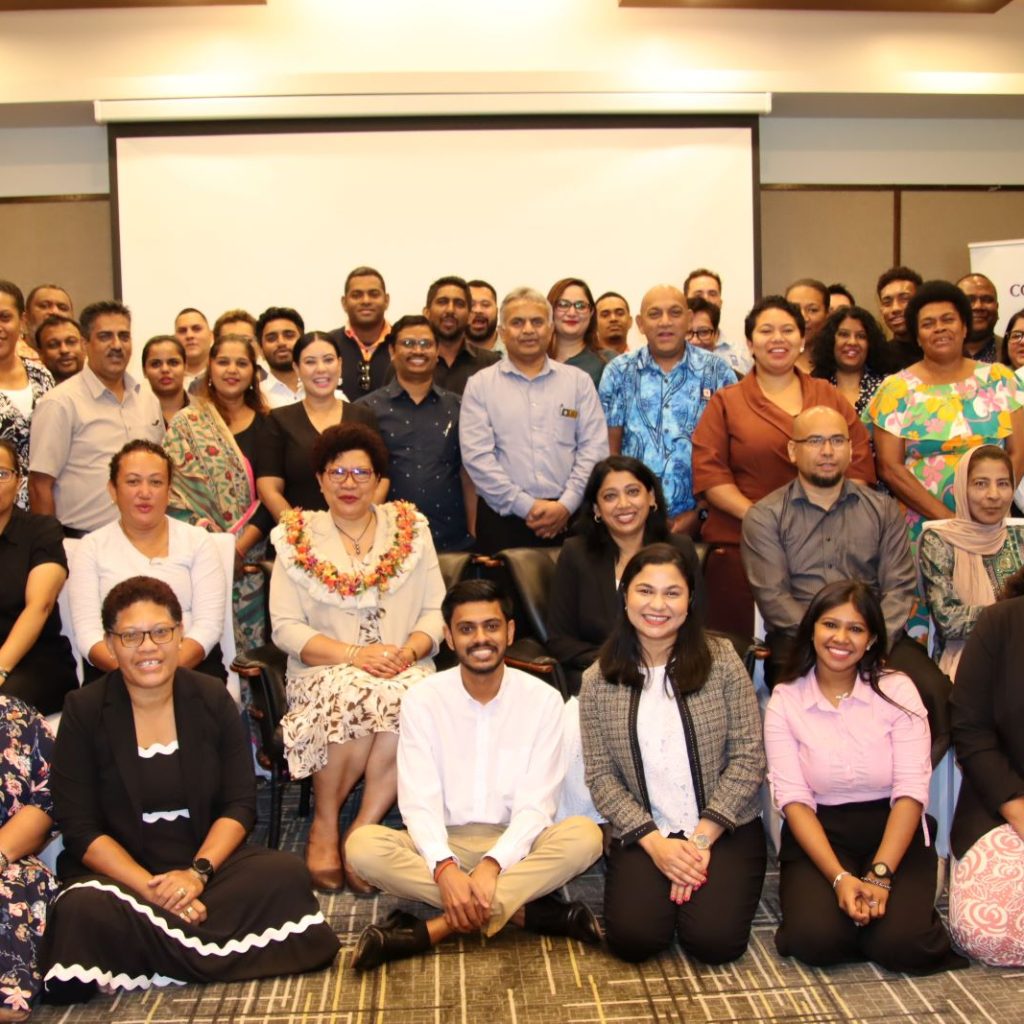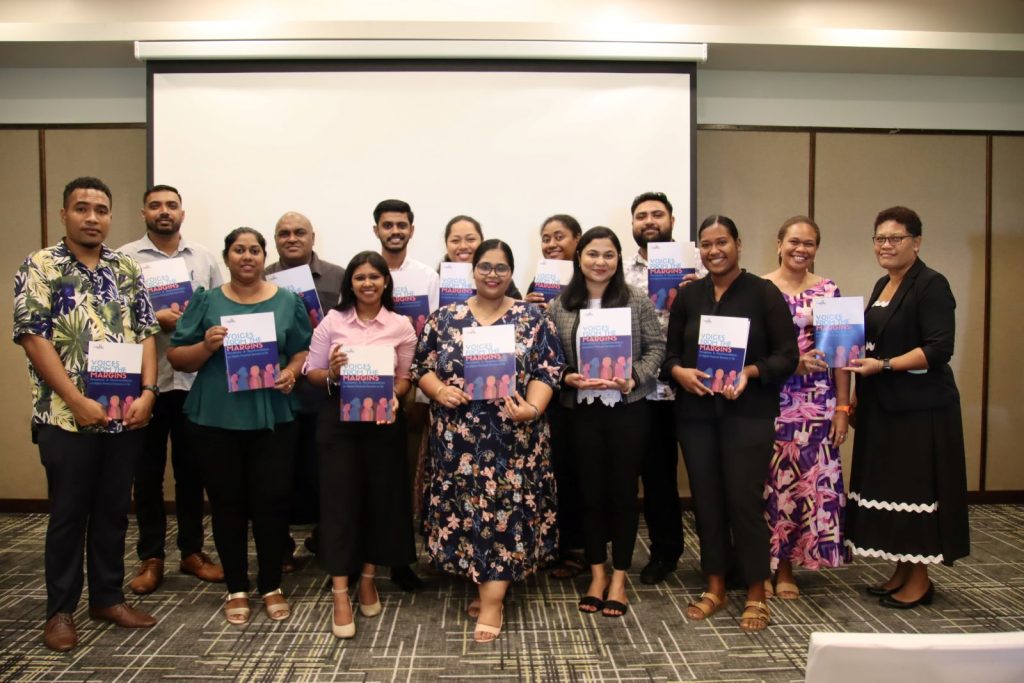First, I must express my deepest gratitude to the CEO and the entire team at the Consumer Council of Fiji for their diligent work and dedication in preparing this report. Financial inclusion is a key enabler of economic empowerment. In Fiji’s case, mobile money wallets and other fintech innovations have the potential to reach remote and underserved populations, offering a level of convenience and accessibility that traditional banking often cannot.
While Fiji has made commendable strides in digital advancement, we must acknowledge that not all citizens have been able to benefit equally from these developments. For some, particularly our vulnerable groups, the digital age has presented more barriers than gateways.
This research, “Voices from the Margins,” is a roadmap that guides us toward a more inclusive future for all Fijians, particularly those who find themselves on the fringes of our digital revolution.

It focuses on five key vulnerable groups: women, the elderly, people with disabilities, rural residents, and low-income households. These groups are often the most underserved, and their exclusion from the formal financial system perpetuates cycles of poverty and limits opportunities for personal and community development. They are also particularly susceptible to exclusion due to various socio-economic barriers. Women face systemic challenges that limit their access to financial resources; the elderly and people with disabilities often encounter physical and technological hurdles; rural residents are impeded by infrastructural deficits; and low-income households struggle with the affordability of necessary technologies. These vulnerabilities not only hinder their ability to engage with digital financial services but also limit their potential for economic independence and stability.
Ladies and gentlemen, the Government of Fiji, through the Ministry of Women, Children, and Social Protection has long been committed to addressing these systemic challenges. We believe that empowering these vulnerable groups requires not just providing them with access to services, but ensuring that they can use these services in a way that is safe, affordable, and relevant to their needs.
This report therefore aligns with the wider mandate of the Ministry, to facilitate development among Fiji’s most vulnerable, ensuring that no one is left behind as we advance nationally and globally. The insights gained from this study are vital as they inform our strategies and help integrate these groups into our National Development Agenda. Research like this empowers us to tailor our policies and initiatives to meet the specific needs of these populations, paving the way for a more equitable distribution of the benefits of our digital economy.

Ladies and gentlemen, the path to truly inclusive digital financial services is complex and requires concerted effort and unwavering commitment. However, the findings and recommendations of this report provide us with a clear direction. By addressing the specific challenges identified, enhancing accessibility, and ensuring that digital platforms are user-friendly and secure, we can make significant strides toward financial inclusivity.
Thank you once again to everyone involved in this project. Your contributions are making a difference in the lives of many Fijians. I look forward to the discussions today and to the collaborative efforts that will follow, as we continue to work towards an inclusive, fair, and accessible financial system for all.
Thank you, Vinaka Vakalevu, and May God bless Fij

